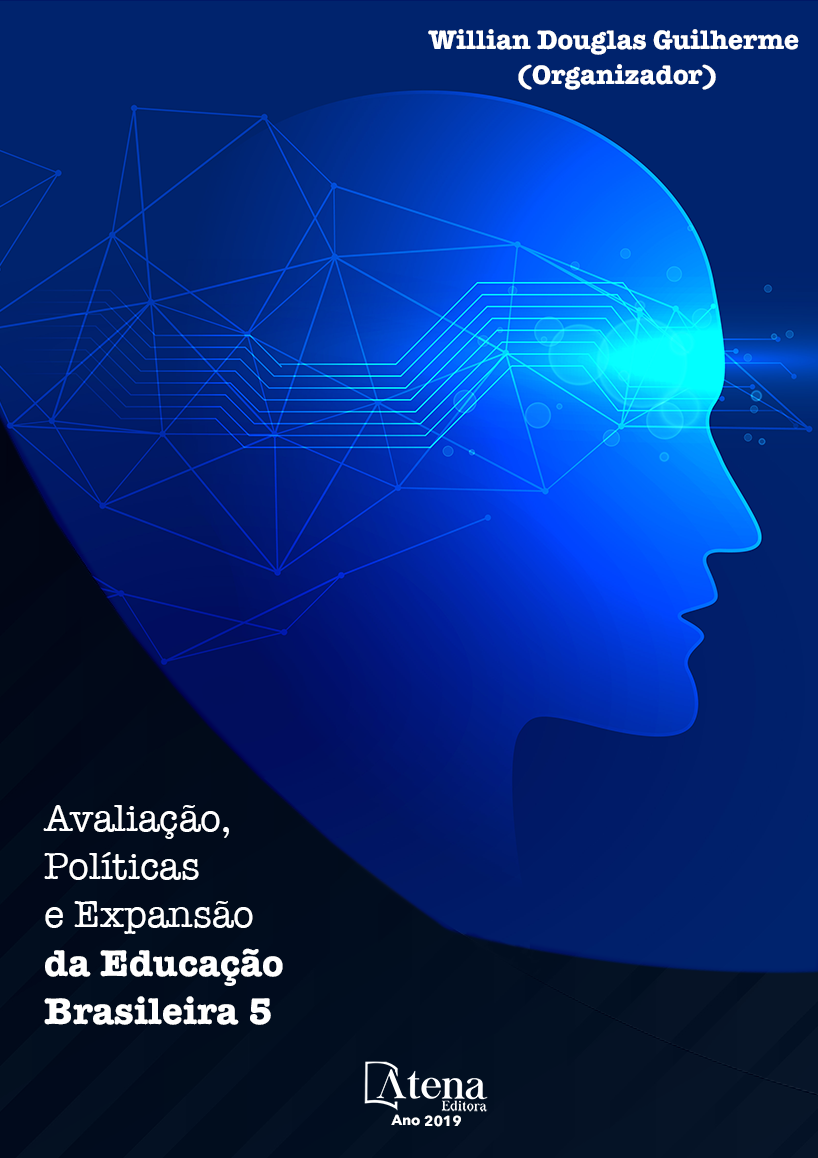
EDUCAÇÃO PARA A CIÊNCIA E A TECNOLOGIA COMO PROCESSOS DE AUTONOMIA DO SUJEITO NA SOCIEDADE DA INFORMAÇÃO
Este artigo contempla recortes de
uma pesquisa que foi desenvolvida em cursos
de tecnologias de um centro universitário
localizado no interior de São Paulo. Sua proposta
é um estudo de caso sobre a emancipação na
educação tecnológica, a fim de gerar fundamento
para a construção da consciência críticodialética,
buscando analisar se os Projetos
Pedagógicos dos cursos são incorporados
no processo de ensino e aprendizagem, nas
práticas educativas e se isso é percebido pelo
aluno. Sendo assim, se fez necessário analisar
se a tecnologia é compreendida para além
do seu caráter instrumental, de modo que o
educando não fique apoiado a técnica, mas
sim, para que saiba resolver seus conflitos
baseado em fundamentos e com visão ampla
e sistêmica. Foi necessário analisar também se
o estudante conseguia abstrair esta proposta
de autonomia, sabendo improvisar e solucionar
problemas por meio de seu conhecimento com
independência, de forma a superar os aspectos
unidimensionais. A fundamentação teórica
principal de tal pesquisa, se dá em Herbert
Marcuse vinculado a Escola de Frankfurt,
no período do desenvolvimento da Teoria
Crítica, e depois foca-se com ênfase no livro
“O homem unidimensional”. A metodologia de
pesquisa aplicada foi de natureza qualitativa
e foi executada com o procedimento de
Pesquisa Observação Participante, do qual
visou acompanhar os alunos em sala de aula,
no decorrer do segundo semestre de 2016,
para análise referente ao objetivo da pesquisa.
Contempla também, a análise documental dos
Projetos Pedagógicos de ambos os cursos
e entrevistas semiestruturadas que foram
realizadas com docentes e discentes.
EDUCAÇÃO PARA A CIÊNCIA E A TECNOLOGIA COMO PROCESSOS DE AUTONOMIA DO SUJEITO NA SOCIEDADE DA INFORMAÇÃO
-
DOI: 10.22533/at.ed.62719100712
-
Palavras-chave: Projeto pedagógico; Emancipação; Autonomia do sujeito; Sociedade da informação.
-
Keywords: Pedagogic project; Emancipation; Autonomy of the subject; Information society.
-
Abstract:
This article contemplates cuttings
of a research that was developed in courses
of technologies of a located academical center
inside São Paulo. His/her proposal is a study
of in case about the emancipation in the
technological education, in order to generate
foundation for the construction of the criticaldialectics
conscience, looking for to analyze the
Pedagogic Projects of the courses is incorporate
in the teaching process and learning, in the
educational practices and if that is noticed by
the student. Thus, it is necessary to analyze
whether technology is understood beyond its
instrumental character, so that the student
is not leaning the technique, but, so that he
knows how to solve their conflicts based on foundations and with wide and systemic
vision. It was necessary to analyze also if the student got to abstract this autonomy
proposal, knowing how to improvise and to solve problems through his/her knowledge
with independence, in way to overcome the aspects one-dimensional. The main
theoretical framework is given in Marcuse linked the Frankfurt School in the period of
the development of the Critical Theory, and later it is focused with emphasis in the book
“The one-dimensional man.” The methodology of applied research was of qualitative
nature and it was executed with the Participatory Observation Research procedure,
which aimed to accompany students in the classroom during the second semester of
2016, for analysis related to the research objective. It also includes the documentary
analysis of the Pedagogical Projects of both courses and semi-structured interviews
that were carried out with teachers and students.
-
Número de páginas: 15
- JESSICA APARECIDA PAULINO FREITAS


